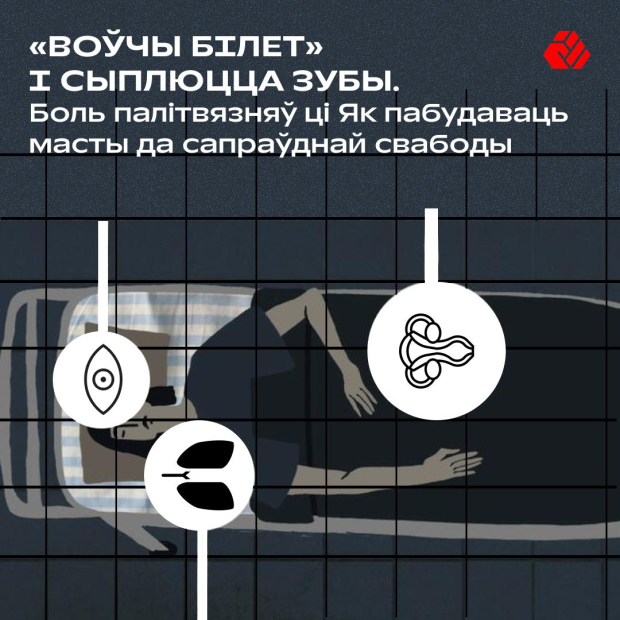Dissidents never become former. Thus, the long-awaited freedom brings joy to the political prisoner for only a short time. After leaving prison, the former regime prisoner faces a new regime, albeit under conditions of relative freedom. Constant police surveillance, a “wolf ticket” when searching for work… A whole host of health problems: rapidly deteriorating vision, falling teeth. And after a few months post-release, instead of the joy of free existence, a severe psychological crisis hits. The organization BY_Help, which provides comprehensive rehabilitation for released political prisoners, knows all this firsthand.
We are speaking with the head of this organization, Alexei Levonchik. Almost from the first words, when he begins talking about the pains of former political prisoners, his face starts to twitch with a nervous tic. This detail, as a symbol of the traumatic experience, stays with me for a long time afterward. I write about this now with empathy for all those who work in the system of aid for political prisoners. I can only guess at the depth of psychological suffering and health problems faced by those who have endured the horrors of prison. Alexei continues to tell me about these and other issues.
After prison, people’s health deteriorates significantly, he says. Teeth suffer, there are problems with the back due to constant sitting while incarcerated, and terrible nutrition or starvation causes serious stomach issues. And this is only a small part of what happens to political prisoners upon release.
Former prisoners start to lose their eyesight: "Eyes just 'fall apart' after prison."
However, according to Levonchik, physical health is only part of the difficulties. The real crisis for political prisoners arises on a psychological level. Many people, after gaining freedom, still struggle for a long time with the effects of psychological trauma. These problems often do not manifest immediately, but after a few months, it becomes clear: help is needed. “We are just beginning to gather data, but it is already clear that most of the released need serious psychological support,” notes Levonchik.
Medical Problems:
-
Teeth: Problems with teeth, loss of roots, need for implants.
-
Back: Problems with the back due to constant sitting.
-
Stomach: Stomach issues due to poor food or starvation.
-
Eyes: Deterioration of vision.
-
Psychological State: Psychological problems that often manifest several months after release from prison; issues in relationships.
One of the serious problems for former prisoners is constant police surveillance. When a political prisoner is released, it does not mean they are fully free. Often, former dissidents are required to attend certain lectures at police stations, and control by security forces continues. This creates additional pressure on the individual even after their release.
“People are often put under surveillance, for example, they are banned from leaving the country,” adds Levonchik. Sometimes it even reaches the point where former political prisoners are “banned from appearing outside their homes.”
Surveillance and Restrictions:
-
Oversight by authorities: Mandatory lectures, police control.
-
Restrictions on movement: Appearing outside the home, traveling abroad.
A frequent insurmountable difficulty is finding a job. On one hand, you are required to have employment as proof that you have “reformed.” On the other hand, the political prisoner ends up on “blacklists,” and their employer may be pressured to not hire them. This limits employment opportunities. Essentially, former political prisoners can only get jobs in companies that are not afraid of pressure from the authorities. This kind of “wolf ticket” is a reality in Belarus.
Employment Difficulties:
-
Blacklists: Difficulty finding a good job due to being on blacklists.
-
Pressure on employers: Pressure on management from authorities to not hire former prisoners.
Many face family problems after prolonged imprisonment, which further complicates their adaptation to normal life.
Family Problems:
-
Family breakdowns: Issues in the family after long imprisonment.
-
Financial difficulties: Families of political prisoners face severe financial hardships. They have had to spend money on lawyers, parcels, and trips for months, and sometimes years, while the breadwinner was in prison.
-
The financial situation of such families often becomes particularly catastrophic if a relative loses their job due to associations with the convicted person. “Just like it was in the Soviet Union.”
Financial Difficulties:
-
Poor financial status of families: Due to the absence of the breadwinner, expenses for parcels and trips.
-
Expenses for lawyers: High costs for legal consultations and lawyer fees.
-
Relatives’ dismissals: Dismissal of close relatives due to association with the prisoner.
Now, as these people face unimaginable challenges, the organization BY_Help needs your support. Your assistance can be more than just a generous gesture; it can be a real salvation, support that helps restore lives and faith in the future.
Consider what your effort might mean for someone who is going through this difficult journey. Donate, give an hour of your time as a volunteer, spread the word—your participation will help break down barriers and build bridges to true freedom for those who have endured the trials of prison.
Contact the information line @BYHelp_info on Telegram.


 Continue
Continue
